In his speech to the nation on May 12 on Operation Sindoor against Pakistan’s terrorist attack at Pahalgam on April 22, Prime Minister Narendra Modi said, inter alia, “The way the Pakistani army and government are nurturing terrorism will one day destroy Pakistan itself. If Pakistan wants to survive, it must dismantle its terror infrastructure. There is no other path to peace. India’s stand is absolutely clear—terror and talks cannot go hand in hand. Terror and trade cannot go together. Water and blood cannot flow together. I also want to say this to the global community—our declared policy remains: if talks are to happen with Pakistan, they will only be on terrorism. And if talks happen with Pakistan, they will be about Pakistan-occupied Kashmir (PoK).”
Earlier in his address, Modi had clarified that Operation Sindoor has only been suspended and that India will continue to monitor Pakistan’s activities against India.
It is significant that Modi did not make any reference to the claim of US President Donald Trump and also by the State Department of playing a critical role in bringing India and Pakistan to agree to a ceasefire. Instead, Modi focused on the telephone call made by the Pakistani Director General of Military Operations (DGMO) to his Indian counterpart on May 10 asking for a ceasefire and that the Indian DGMO agreed with this request.
Details of how these contacts were established were given in the Ministry of External Affairs (MEA) media briefing on May 13. MEA also stated that the Pakistan approach for a ceasefire was made after India had effectively damaged a number of important Pakistani airbases on the morning of May 10.
Modi’s approach has been the opposite of the Pakistan leadership, which has thanked the US for its role in mediating between India and Pakistan. It is especially pleased that Trump has once again offered his good offices in settling India and Pakistan’s differences on Jammu and Kashmir. Indeed, that has encouraged Pakistan to emphasise its oft-repeated and constant stand that regional peace depends on a resolution of this issue. MEA did well to set the record straight on May 13. It emphasised that J&K had to be settled bilaterally between India and Pakistan and that Pakistan must give up PoK.
The US State Department statement mentioned that India and Pakistan had agreed to hold talks at a neutral venue on a range of issues. Modi’s comments on terror and talks made it clear that India would not be engaging Pakistan in discussions. He indicated that Pakistan must stop terrorism for the talks to take place. He also said that if talks do occur, they would be on terrorism and on Pakistan-occupied Kashmir (PoK). Seemingly, there is a contradiction between a precondition that terrorism must stop for talks to take place and then there would be talks on the issue. In actual fact there is no contradiction. What Modi is stating is that once terrorism stops, talks can take place, but then the countries will discuss ways in which Pakistan will have to make sure that it will never resume. In other words, it will have to remove it from its security doctrine against India.
Quick Reads
View AllModi also stated three important propositions. These were: there cannot be trade and terrorism; that Pakistan cannot expect that India will remain a generous upper riparian while it continues terrorism; and finally, that Pakistan’s nuclear weapons will not deter India from taking kinetic action through its conventional forces in response to its terrorist acts. Taken together, they set what is rightly being called a new normal of India’s approaches towards Pakistan. Significantly, the MEA spokesperson also clarified that trade was not discussed with the US in any of the conversations between Indian and US leaders during Operation Sindoor.
At this stage, this writer wishes to specifically focus on Modi’s decision to continue to keep the Indus Waters Treaty of 1960 in abeyance despite the ceasefire. This is clear from his message to Pakistan that blood and water cannot flow together. The MEA spokesperson also emphasised that the treaty would be kept in abeyance. It will be recalled that the decision to hold the treaty in abeyance was part of India’s first non-kinetic responses to the Pahalgam attack.
Foreign Secretary Vikram Misri had done well to point out that Pakistan had always had been obstructive in allowing India to use the waters of the ‘Western Rivers’—Indus, Jhelum and Chenab—that it was permitted to do so under the treaty. He had also said that India had asked for the treaty to be reviewed because basic changes in demography and environment had occurred. In addition, the engineering techniques of the 1950s had become outdated in the 65 years after the treaty was signed. Besides, and most importantly, the treaty accommodated the division of the Indus Waters (so generously to Pakistan) in the spirit of ‘goodwill and friendship’, which Pakistan had never demonstrated towards India since it was signed.
On its part, Pakistan has reacted ferociously, stating that while it is open to the treaty’s renegotiation, any unilateral action about the treaty and stopping the waters due to it under the treaty will constitute an act of war. Naturally, as Pakistan is crucially dependent on the Indus system waters for its agriculture, it is enraged at the Indian decision. It would appear that it did not think that India would suspend the treaty because it had not done so earlier, even during periods of war in 1965 and 1971, or since it embarked on a terrorism course against India since 1990. Modi had given an indication some years previously of his thinking on the treaty when he had said that blood and water cannot flow together. Clearly, Pakistan did not take it seriously at that stage.
Four immediate questions arise on the Indian decision to continue to hold the treaty in abeyance. These are:
- Can India undertake any meaningful act to hurt Pakistan by keeping the treaty in abeyance because there are no physical structures on the Western Rivers to disrupt the flow of waters all through the year or large parts of it?
- In the absence of physical structures, what is the extent of damage that India can inflict on Pakistan through its decision to keep the treaty in abeyance?
- Are there any international fora which Pakistan can approach to complain that India is violating the treaty?
- Can a state take the view that if a treaty partner seeks to damage it in other ways, then it can abandon the treaty?
The answer to the first query is that as India has built only power project structures which utilise ‘run of the river’ to generate electricity on the Jhelum and the Chenab, it does not have the capability to stop the flow of waters to Pakistan for a great period of time at present. However, if it holds the treaty in abeyance, it can build projects on these rivers which become capable of seriously impeding the flow of waters to Pakistan.
Naturally, these projects will take many years to be built, but if this were to begin, then Pakistan will come under serious psychological pressure. If later, India were to abrogate the treaty, then the future of these projects will not be called into question, but if the treaty is restored at a subsequent stage, then there will be the issue of what is to be done to the structures that were constructed while it was in abeyance.
India provides flood data of the Eastern and Western rivers to Pakistan. If it stops doing so, Pakistan will have a problem. Of course, with the development of satellite imagery, it can closely observe the water situation in all these rivers by itself and can take action to mitigate sudden large flows leading to flooding. But still the regular flow of information by the Indian Waters Commissioner to Pakistan is of great help to it during the monsoons. The question of the damage which India can inflict by stopping the water flow temporarily to the cotton and rice crops of Pakistan is not very clear, but some damage to the cotton yields can be accomplished.
Pakistan cannot take India to the International Court of Justice (ICJ) regarding the treaty because the ICJ does not have jurisdiction over bilateral treaties between the two countries. The World Bank, which helped in mediating the treaty, cannot intervene. Perhaps the International Court of Arbitration (ICA) can look at Pakistan’s case because it can plead that with India suspending it, the treaty’s internal dispute resolution mechanisms cannot work and that it is willing to renegotiate the treaty. However, India need not take part in ICA proceedings and can simply ignore its advice on the grounds of supreme national interest.
The most serious issue which Indian diplomacy should consider pushing is the proposition that as Pakistan has taken advantage of the treaty but has acted in a mala fide manner otherwise, including sponsoring terrorism, India cannot be expected to give it the advantages of the treaty but continue to suffer its terrorist actions. India has shown exemplary patience, but that cannot be unending. Indian diplomacy should actively pursue this line; it will find purchase.
Pakistan’s threat that unilateral action would be treated as an act of war is largely rhetorical—Islamabad knows it cannot easily sustain a full-scale conflict with India. Finally, Modi has correctly said that India will not be taken in by nuclear blackmail. That too is a message which Indian diplomats should vigorously spread.
The writer is a former Indian diplomat who served as India’s Ambassador to Afghanistan and Myanmar, and as secretary, the Ministry of External Affairs. Views expressed in the above piece are personal and solely those of the author. They do not necessarily reflect Firstpost’s views.


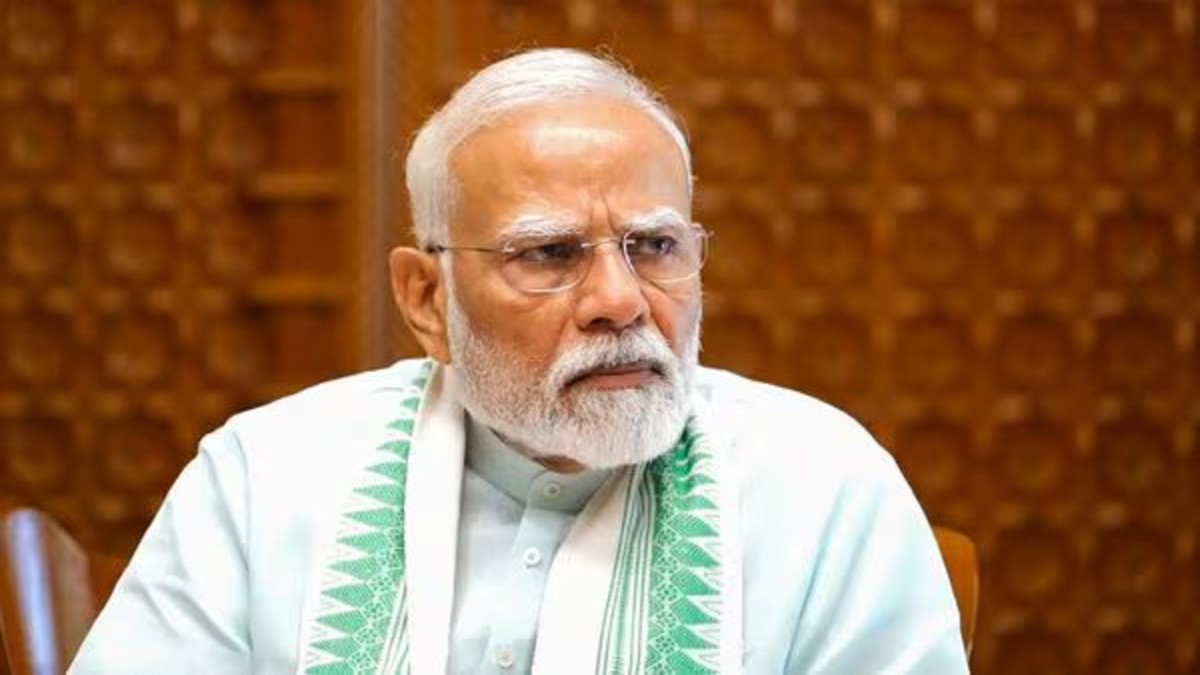)
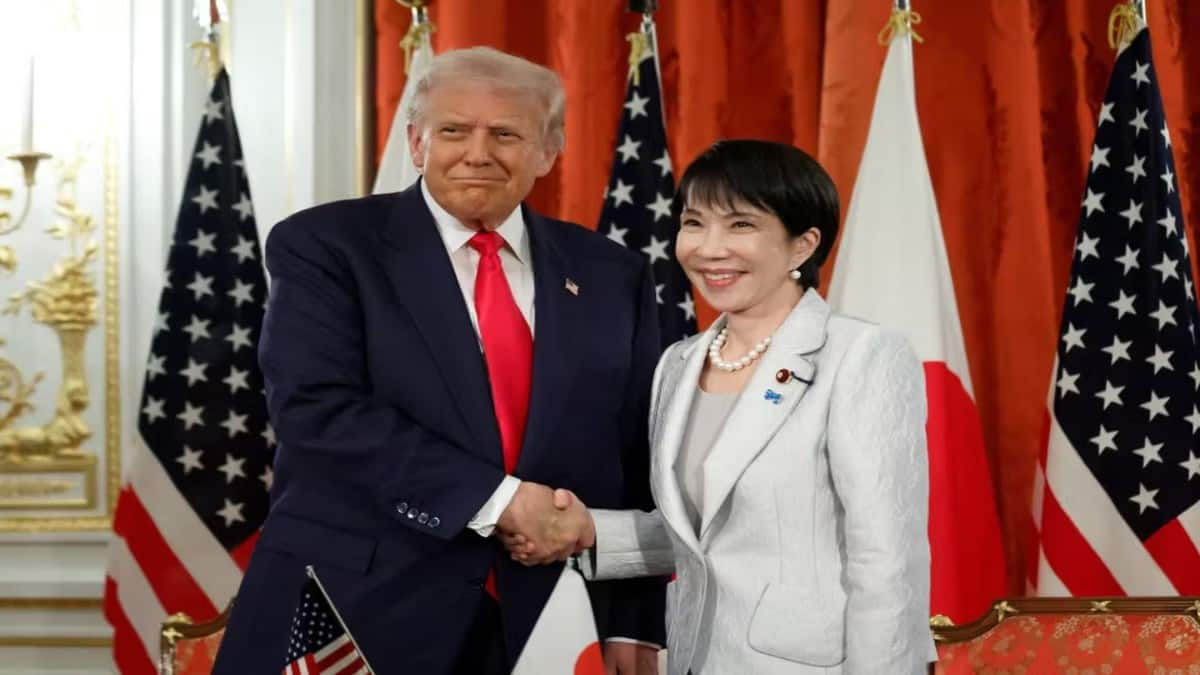
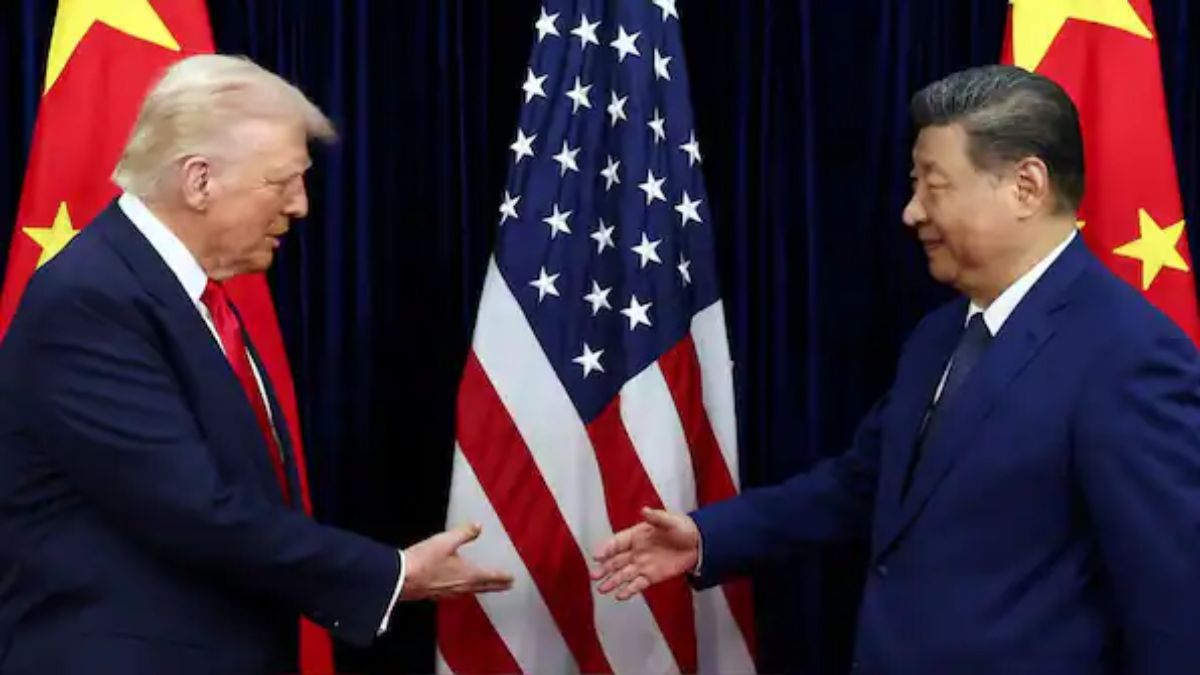)
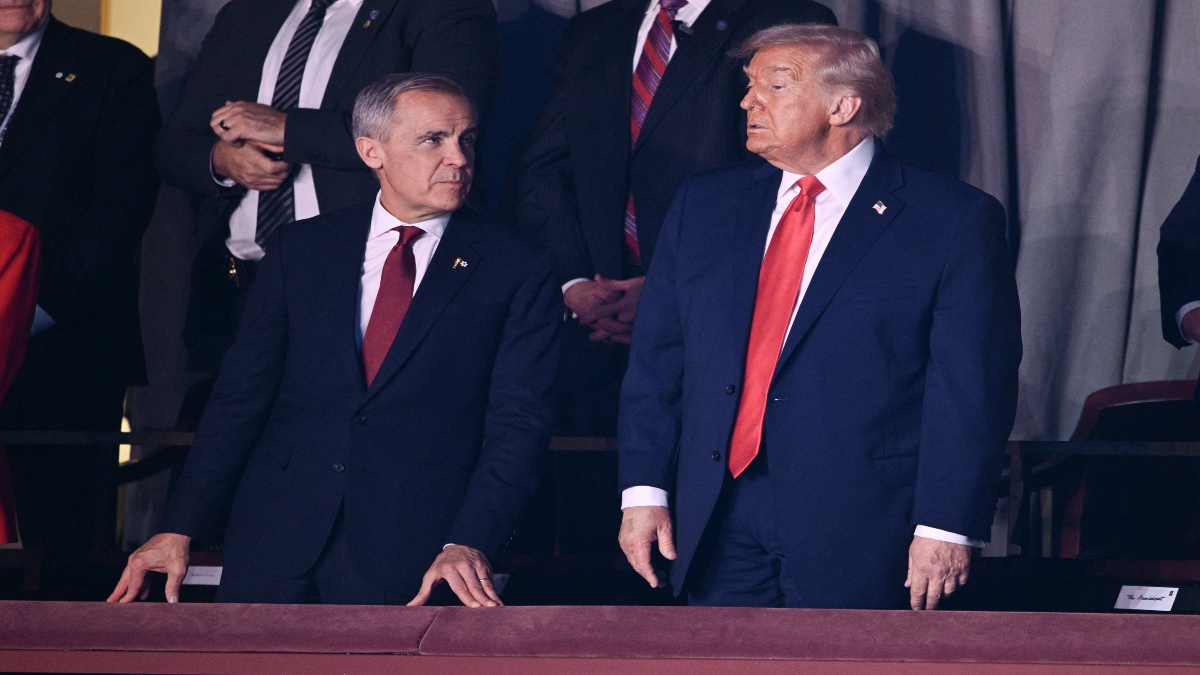)
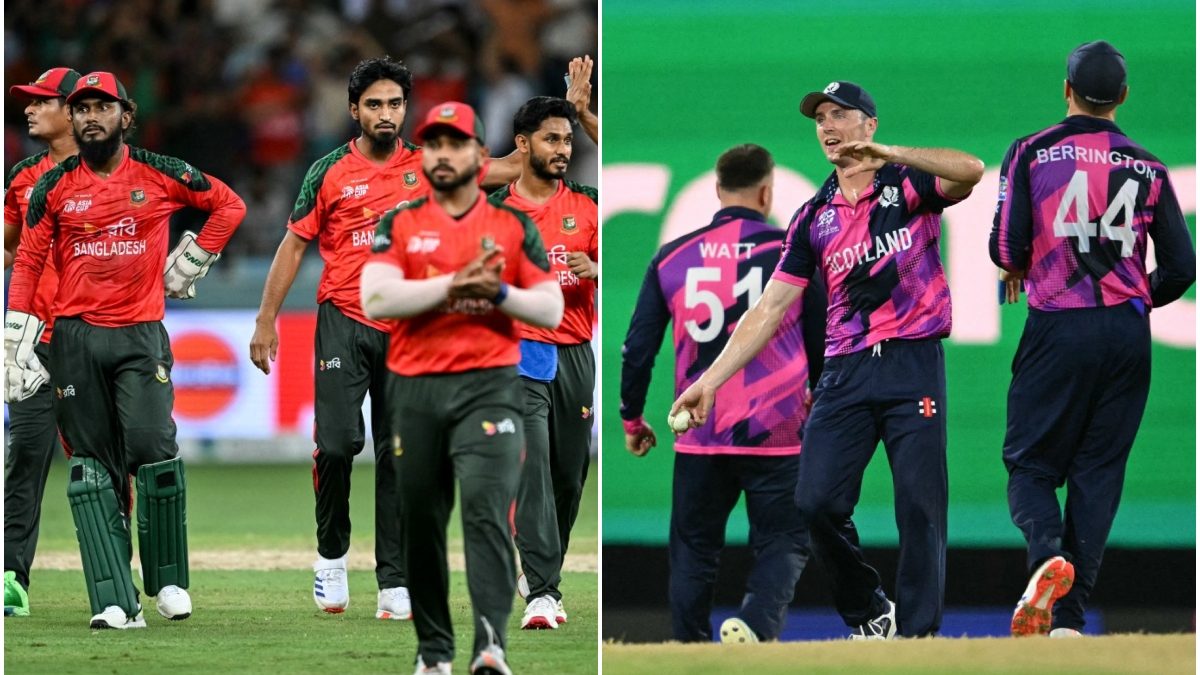)
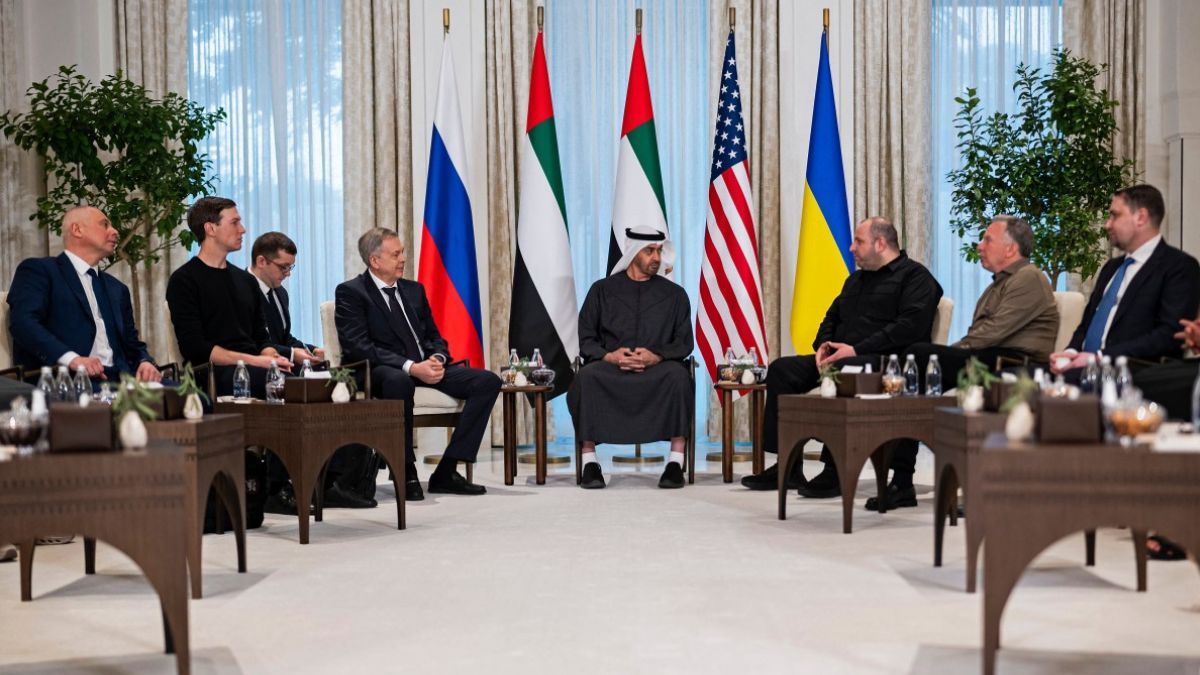)
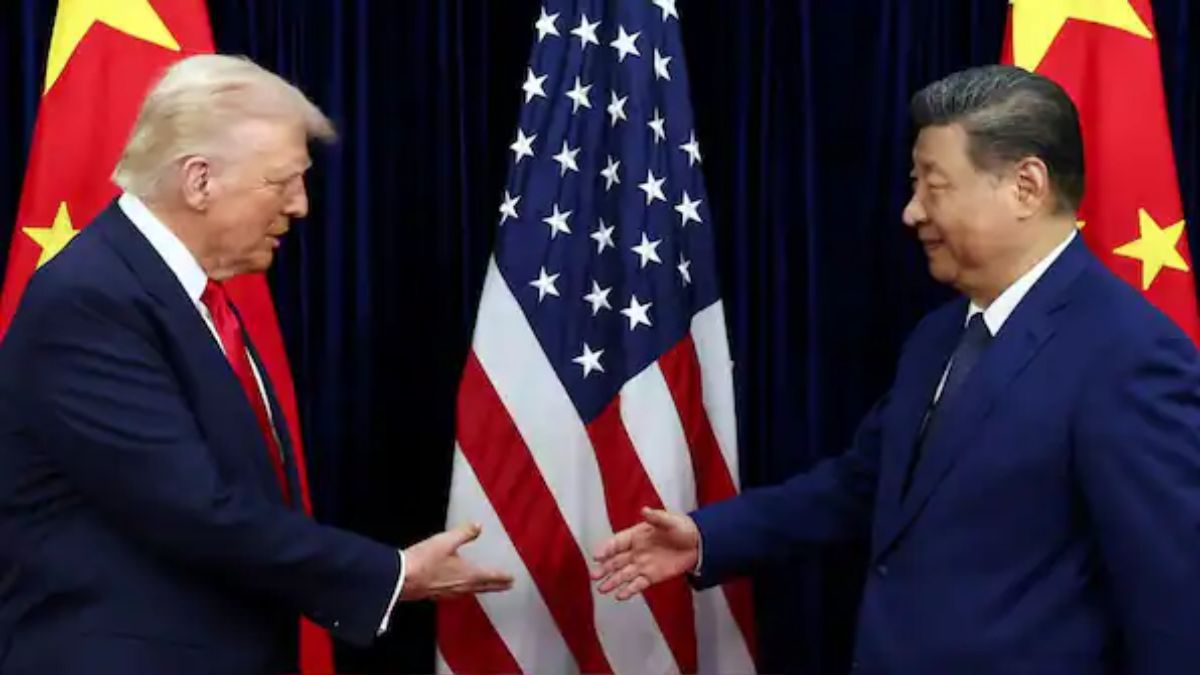)
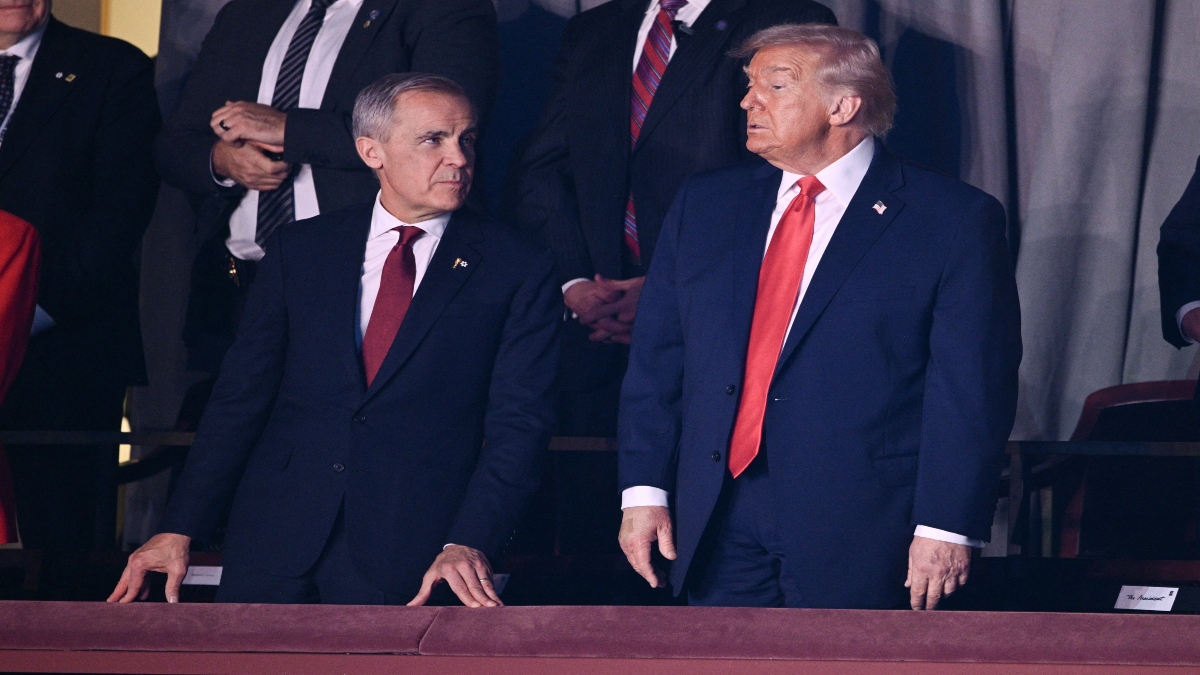)
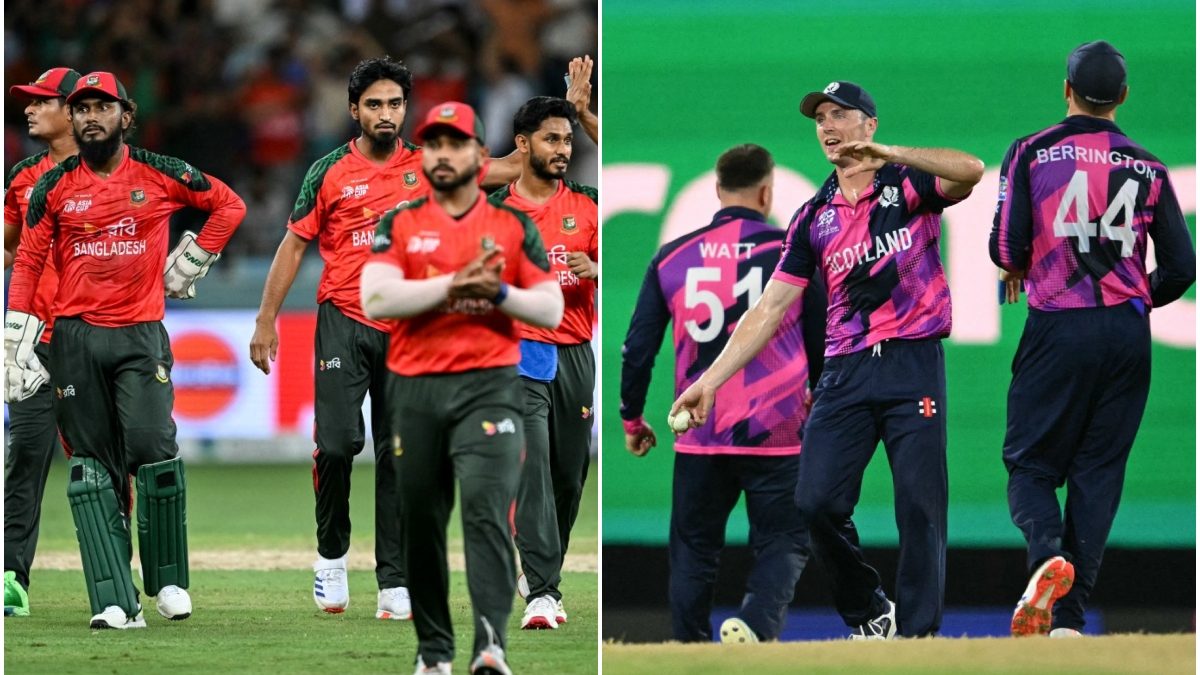)
)



